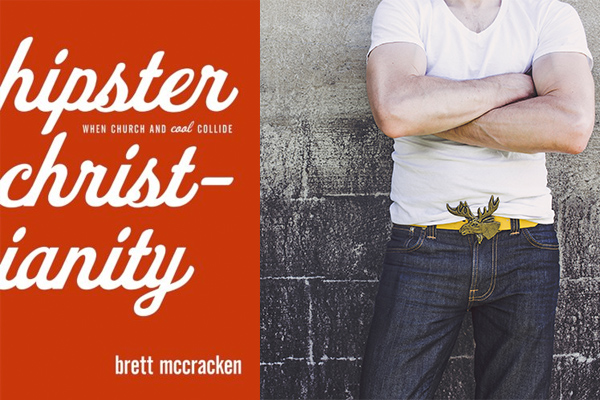
Hipster Christianity May Be Cool, But is it Christian?
- By Alison Lesley --
- 24 Sep 2014 --

Brett McCracken’s book Hipster Christianity: When Church and Cool Collide explores the discussion of adapting Christianity while keeping the faith faithful.
The Truth About New Church Dynamics
Some say “hipster faith” has no place in the church. Others say that as long as a church is Jesus-exalting and bible-believing it’s alright to take a more modern approach. The changes in the way some worship and “do” church has some wondering whether the church, the way of the faithful, and the overcoming life of discipleship has been squashed and tossed away. The discussion about these issues has people on both camps. At the crux of this is the notion that the likes of Paul and Jesus exemplify intermingling and dwelling among men. Paul was an example of someone who went out of his way to win the lost, even becoming more like them. He acknowledges in I Corinthians 9:22, “To the weak I became weak, to win the weak. I have become all things to all people so that by all possible means I might save some.” Paired with that is the notion that Jesus himself became human in order to reach out to people. So what is the truth, the seat upon which this issue can rest? Is there a right and wrong way to do church?
Keeping It Cool
There was once stained glass and steeples, as author Brett McCracken observed in his book, Hipster Christianity: When Church and Cool Collide. McCracken shares that he is not chastising anyone nor advertising for anyone. He writes about his love for the church, and for Christianity. He acknowledges the church as the bride of Christ. The phrase he uses to describe how a lot of “hipster” churches do church life is “bending over backward.”
Hipster Christianity a Contradiction?
On his patheos blog, Gene Veith shares that the book by McCracken highlights inherent contradictions in the different efforts expended to make Christianity hip and attractive to more and younger generations. Veith raises the point that Christianity is not so much a culturally identifying religion compared to other faiths. Rather, it is a religion that is rooted in many different cultural and social structures around the world.
The book seems to stir as much debate as the issue it addresses. In a Converge Magazine article, McCracken lends his own voice to the issue when he writes that he wanted his book to provoke discussion. He writes about his desire to show, through his book, that the way Christianity is packaged does matter. His analyses on keeping the faith cool while still keeping it Christian are worth the read.


















